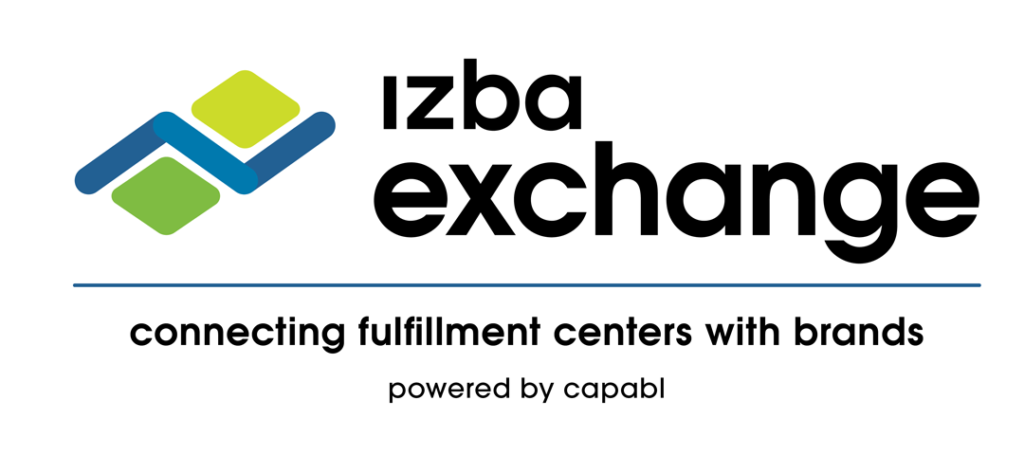Selling your company may end your ownership—but it doesn’t erase your identity as the founder.
What you do next depends on how you structure the deal and what kind of exit you want. Some founders walk away, others stick around. In all cases, one truth remains: you’ll always be the founder.
Here’s a look at the roles founders typically play after a sale—and how to plan the one that’s right for you.
🔁 Common Post-Acquisition Paths for Founders
- Retire or walk away
Some founders are ready to step back entirely—either to take a break, spend time with family, or pursue something unrelated. Depending on your agreement, you might walk away the day the deal closes or after a short transition period. - Stay on and continue leading
Often seen when the business is thriving and culture-fit is strong, founders may remain as CEO or transition to a strategic role. Sometimes you’ll report to new leadership or a board but still run the day-to-day. - Ceremonial or advisory roles
Think of this as “founder emeritus.” You may join the acquiring company’s board, serve as an advisor, or represent the brand publicly—like Ben & Jerry did after selling their company. - Take a break—then build again
Many founders eventually start something new. Some even become competitors once their non-competes expire. The entrepreneurial fire doesn’t always go out.
🎯 Founders Have Lasting Value
Whether you stick around or not, your founder title has staying power. Reid Hoffman will always be known as the founder of LinkedIn, even though he spent years working at Microsoft afterward.
That’s why people will keep coming to you for advice, partnerships, or opportunities tied to the business you built—regardless of your current job title.
🧭 Choosing the Right Role for You
Ask yourself:
- Do I want to keep building, or is it time for something new?
- Do I believe in the acquirer’s vision and leadership?
- Will staying on give me real influence, or just ceremonial status?
- Have I negotiated my equity, compensation, and responsibilities clearly?
There’s no right answer. But clarity on what you want—and open negotiation during the deal process—will ensure your post-sale role fits your goals.




